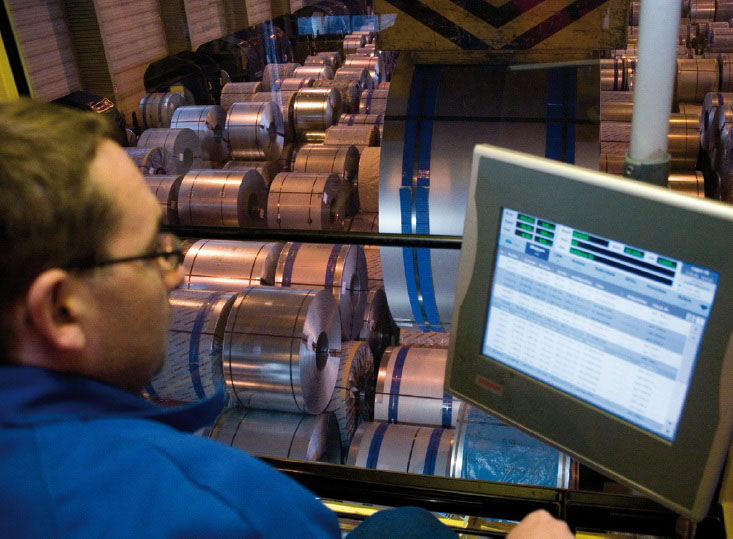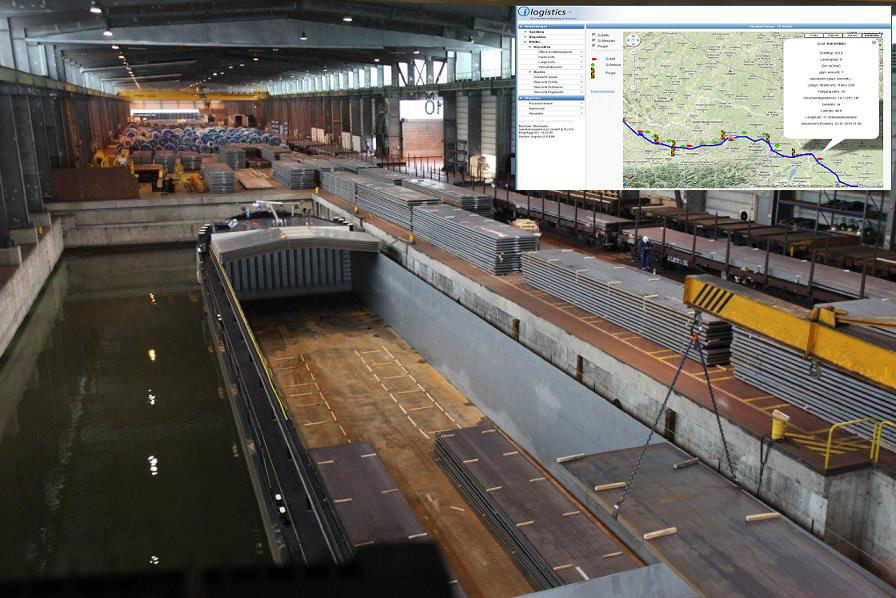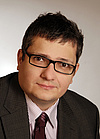CD Laboratory for Efficient intermodal transport operations
Head of research unit
Commercial Partner
Duration
Thematic Cluster


In intermodal transport, you have the choice between different modes of transport to get to your destination. This laboratory aims to make the choice easier: Which combination of transport modes is optimal, how can orders be bundled and empty journeys avoided, what buffer times are necessary, ...
There are a variety of options and combinations of means of transport for moving people or freight from one place to another, for example lorries, trains and ships, or - in passenger transport - footpaths, cars and public transport. The decision in favour of a particular transport solution must be made on the basis of very complex and sometimes incomplete data. Different objectives must also be taken into account: In addition to economic efficiency, for example, customer-orientation or ecological goals can also be pursued.
This laboratory is working on systems that support logistics companies in making this decision: The aim is to develop solution processes that show decision-makers efficient solutions in such situations, from which the best compromise solution can then be selected.
As these are very complex problems, the solutions can only be calculated approximately (heuristics). The lab therefore works with computer science methods: programming, calculating, finding algorithms, developing suitable codes, etc.
Work is also being carried out on the following specific issues:
- Solutions for new and ecologically sensible mobility concepts (e.g. carpooling).
- Analysing the effects that uncertain data can have: For which data is it worth investing in better information?
- What impact does the increasing flexibility of people and freight recipients have on solution quality?
- How can unforeseen events (defective means of transport) be taken into account in the planning?
In principle, the results of the research work can be applied to all transport problems. Specific examples include car pooling platforms, rural mobility (taxi platforms), the transport of steel coils (rolled-up steel strips), transport splitting in timber transport or cross-docking concepts.

Christian Doppler Forschungsgesellschaft
Boltzmanngasse 20/1/3 | 1090 Wien | Tel: +43 1 5042205 | Fax: +43 1 5042205-20 | office@cdg.ac.at

